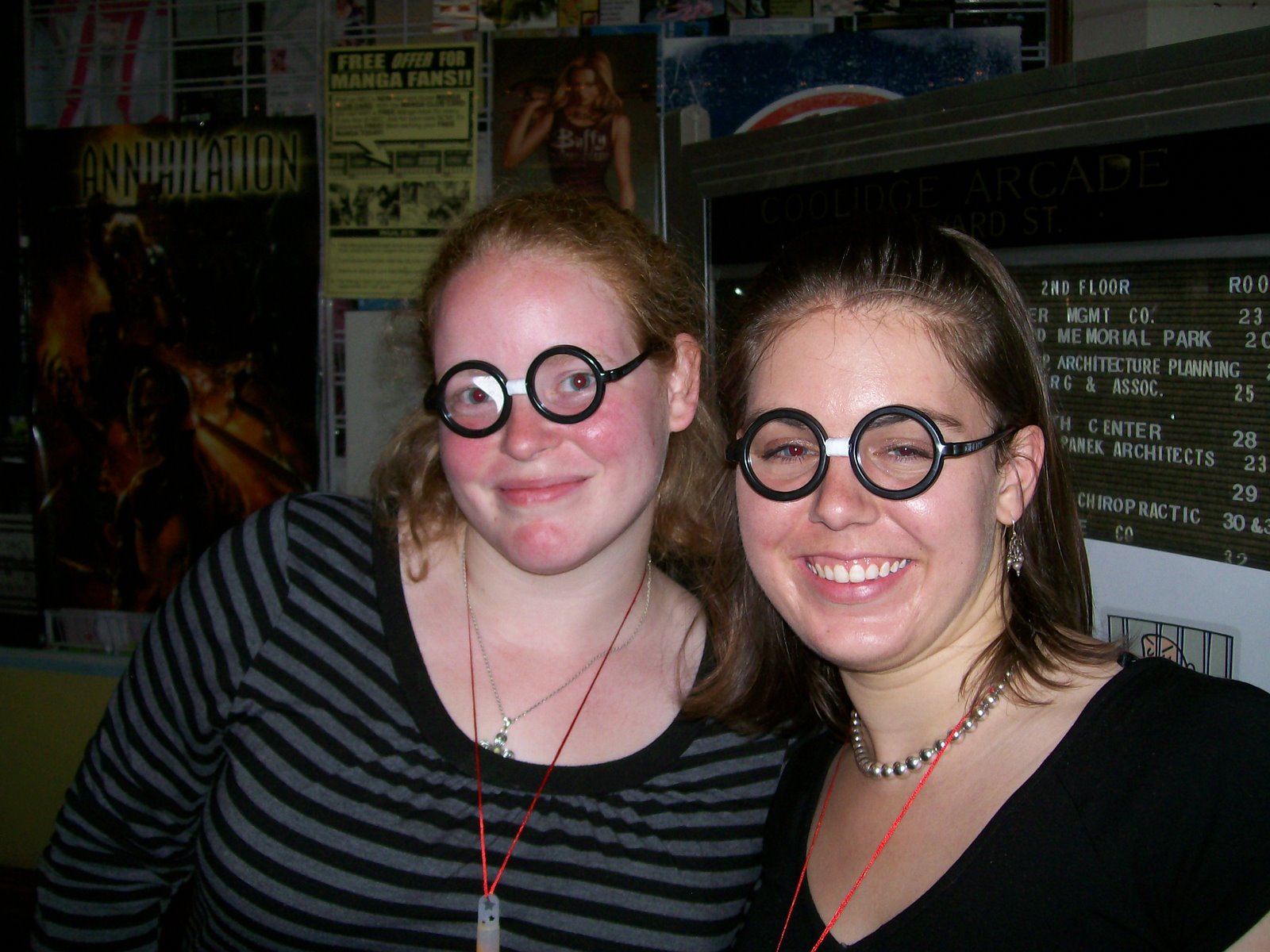Recently, the Internet has been abuzz with outrage about a terrible piece of advice. If you haven’t heard about it, be prepared for a massive spike in blood pressure. A woman wrote to Lucinda Rosenfeld at Double X, telling an awful story about how her drink was drugged at a concert and the two friends she came with not only went home without her when they couldn’t find her but, after she was taken to the hospital with no memory of what had happened, only grudgingly drove her back to her car when she called them. Rosenfeld’s “advice” was that while a significant other or a family member is obligated to help out in that situation, a friend is not. Infuriatingly, she also insinuated that the letter writer might have a drinking problem and was possibly lying about being drugged. You can read about the whole situation here, and there’s also a good discussion of it on Tomato Nation (Sarah Bunting, the founder of that site and co-founder of Television Without Pity, is a much, much better advice columnist, by the way).
As discouraging as it is to read about this, it is, at least, a bit heartening that the vast majority of people who read Rosenfeld’s column are furious. So I’m not going to repeat the points others have made.
But the column did get me thinking. Rosenfeld apparently doesn’t think that friends are obligated to respond to a panicked 4 AM phone call, although not many agree with her. If someone called me at 4AM in a terrible situation like the letter writer’s, even if it wasn’t a close friend, I’d respond and help. And if I called someone in the same situation, I’m sure someone would help me, because that’s what decent people do.
This is my question: which friend would I call? My issue with the situation isn’t that no one would respond. It’s that whomever I called would respond, but I can’t think of anyone who wouldn’t be surprised to be the first person I called. I can’t imagine calling anyone in that situation who wouldn’t be thinking, “She didn’t have anyone else to call? Really?”
The thing is, that letter raised a lot of interesting points about date-rape drugs, blaming the victim, the obligations of friends, and the assumptions that prevent women from reporting rapes. But a smaller point it raised was that sometimes the people we think are our close friends don’t actually see us that way.
And that is a huge fear of mine. I have made that mistake before. My freshman year of college, I had the unfortunate experience of realizing that some girls I’d considered close friends didn’t actually like me, or at least didn’t consider me a close friend. I know that was a long time ago and I should be over it, but the fact is, it still influences the way I behave towards those I meet and sometimes keeps me from getting too close to people. When I start to make new friends, I can’t help but think things like, Do these people really want me here? Do they actually like me or are they just being polite? Oh, no—should I have said that? Did I accidentally offend someone? Am I being annoying without realizing it? Maybe I shouldn’t have come. And if people don’t invite me to do something, is it because they forgot about me or because they genuinely don’t want me there?
I don’t think I’d be the first person anyone would call at 4 AM, either. Again, is that because I haven’t let anyone get too close to me, or because other people see me as selfish or unreliable? It’s occurred to me recently that there are people I consider friends whose phone numbers I don’t even have. What do those people really think about me?
This post probably makes me sound like a neurotic freak, but it’s not a new thing. I think about it a lot, because I always wonder what would happen if I left Boston. Would people forget about me? How many people would really miss me? What would happen if I left and then came back? How many people would really want to stay in touch with me?
Everyone likes to think that friendship lasts forever, but that’s not usually true, in my experience. Even if you don’t stop being friends with someone, eventually someone will move away or get married or move onto a new stage of life, and inevitably, the friendship will change. Someone you still consider one of your best friends might no longer be the first person you call when something good or something bad happens. You like to think that your friends care enough about your life to want to hear what’s going on with you, but ultimately, you care too much about their lives to be willing to subject them to it.
Wow, this post sounds really depressing. But I can’t complain too much—at least I haven’t been drugged and left alone to fend for myself in a hospital with no memory of most of the night. As that poor woman starts to recover from that horrifying experience, I wonder whom she’s leaning on, since her family is far away and she clearly can’t depend on her friends. I hope she’s successful in finding better friends. In the meantime, at least I know I have people who wouldn’t leave me alone in a bar and would willingly come pick me up if I called them from the hospital in the middle of the night—regardless of what those people really think of me.

